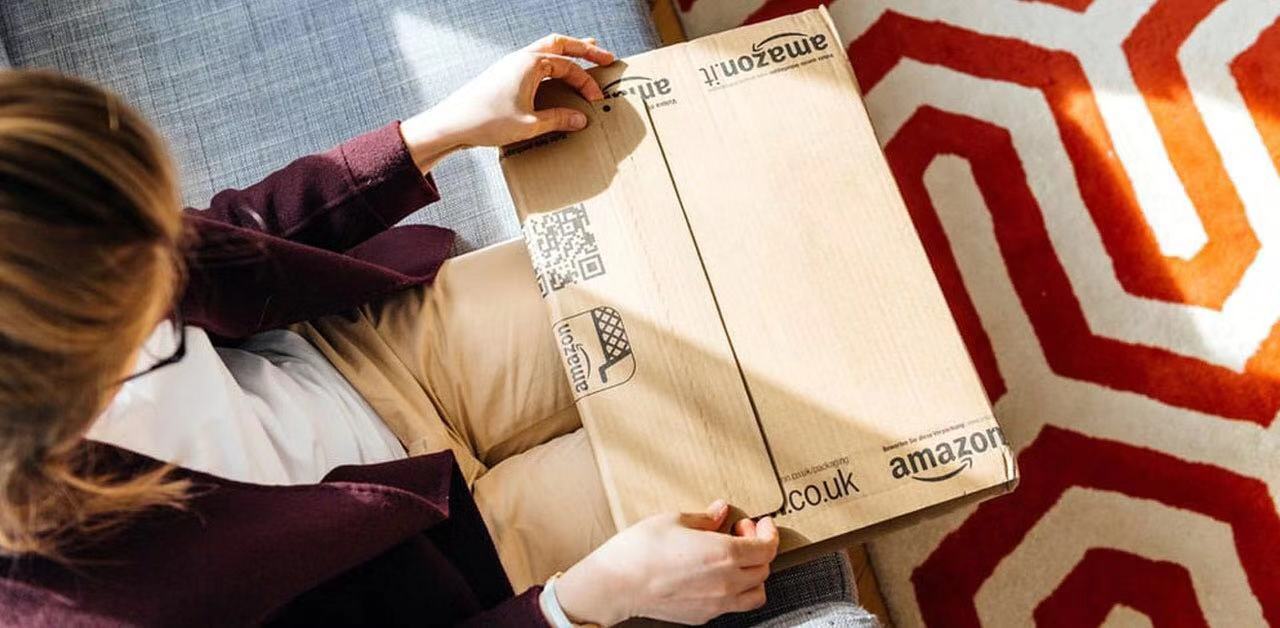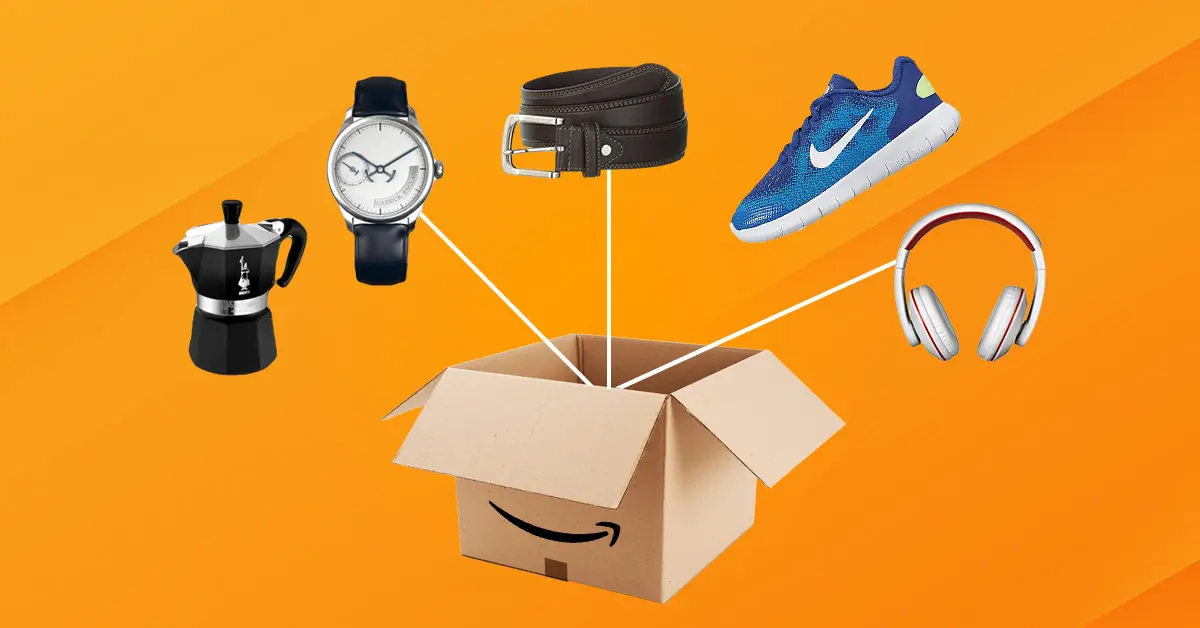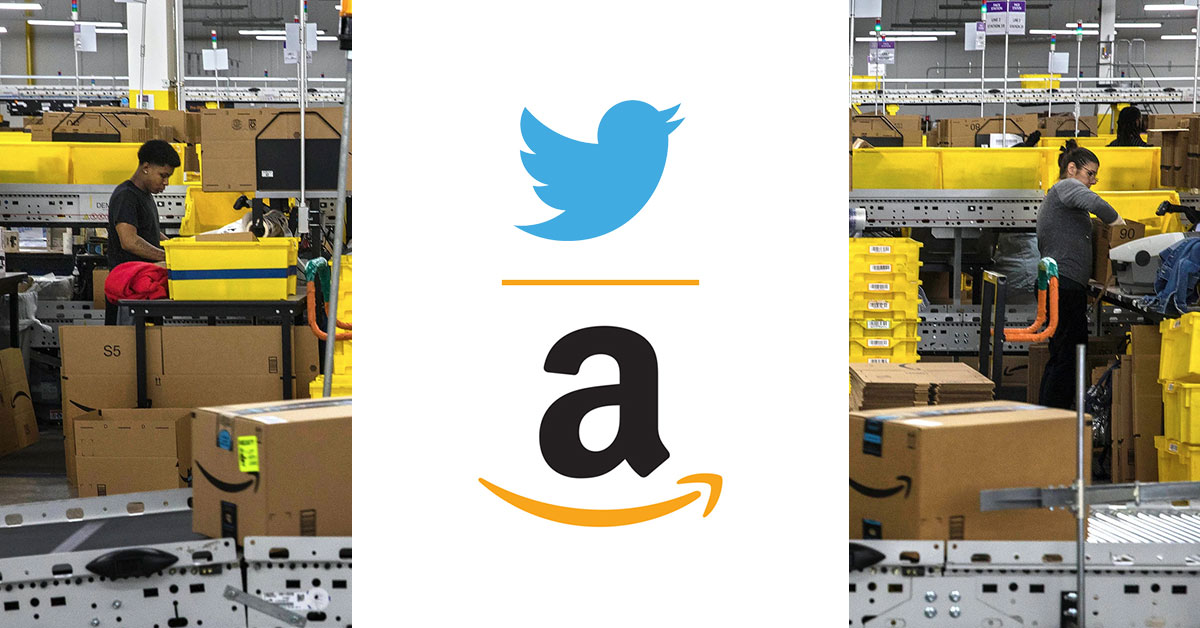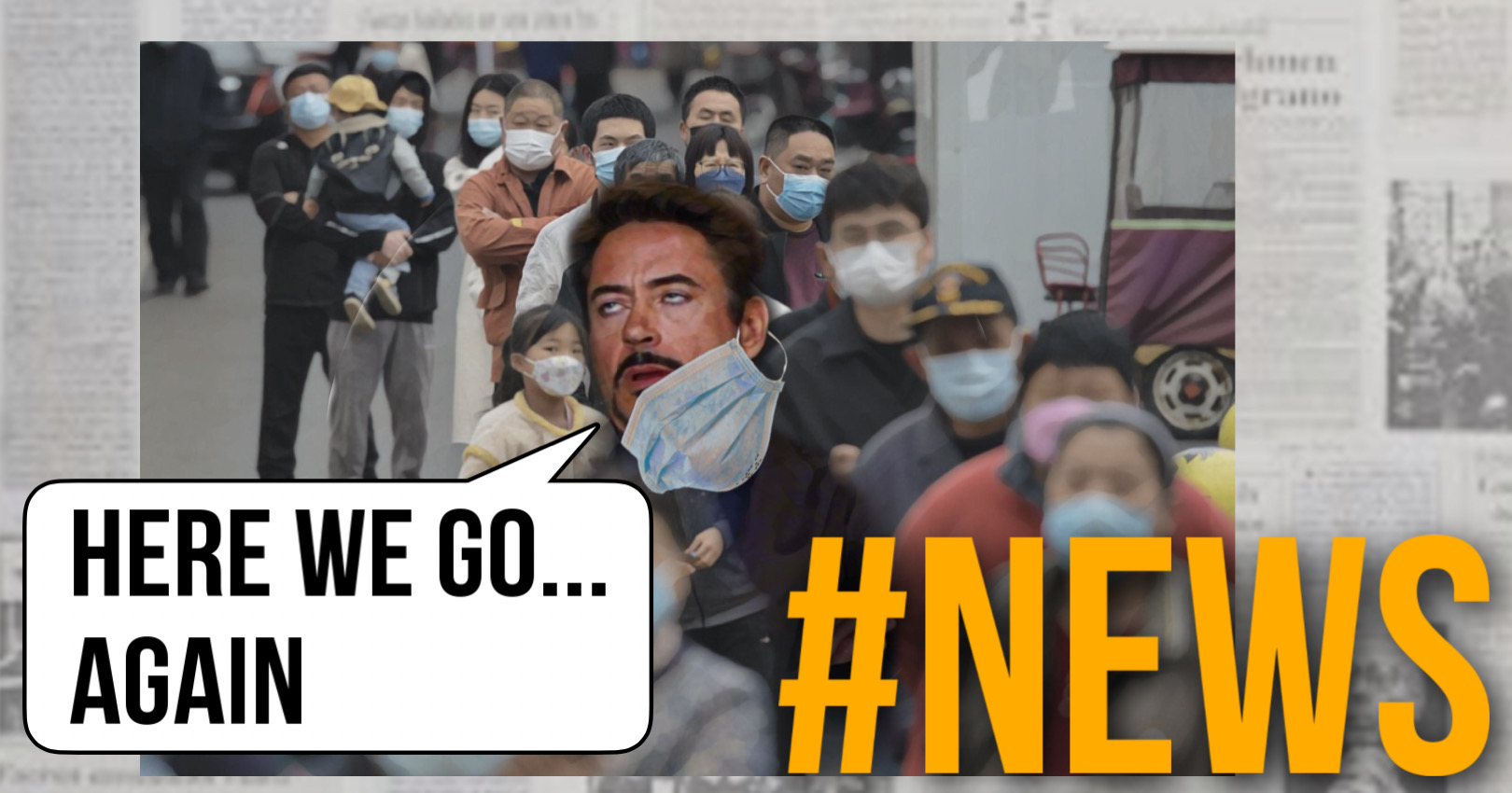A shift in China’s COVID-19 policy remains a distant prospect
Shanghai is easing its two-week lockdown, but most of its businesses still are closed. The redirection of goods is becoming more difficult and expensive as cargo facilities in other Chinese cities are now overcrowded. Trucks are still forbidden to enter and leave the city without a special permit, valid only for 24 hours and only on specific routes.
Moreover, this week the manufacturing hub of Guangzhou closed itself to most arrivals after 23 new Omicron were reported. The city is not under complete lockdown yet, but only citizens with a “definite need” and who have procured a negative COVID test within 48 hours of departure may leave Guangzhou, reports Supchina.com.
There is a possibility of stricter government measures to fight the virus in the city, so we advise to take this into consideration while planning shipments in the near future.
Meanwhile, President Xi on Wednesday ruled out the possibility of easing controls and trying to live with the virus.
“Prevention and control work cannot be relaxed,” Xi said, according to the official Xinhua News Agency. “Persistence is victory.”
More Amazon news

Amazon Will Invest $15 Billion in Third-Party Sellers
Amazon invests in new tools to help sellers grow their businessThis year Amazon is going to invest $15 billion in new tools, services and programs designed to assist its third-party sellers.Since the start of 2019, Amazon has launched 150 tools and...

Amazon is testing a new “Top Brand” badge
What does Amazon’s “Top Brand” badge actually mean? Amazon is testing a new signifier, called “Top Brand”. But no one seems to know what, exactly, a “Top Brand” is, and Amazon won’t say. According to Business Insider, companies do not pay to receive the...

Amazon Uses a Twitter Army of Employees to Fight Criticism
Amazon 'ambassadors' defend working conditions at warehouses A group of Amazon employees known as “FC ambassadors” began tweeting again about how great it is to work at Amazon. When the ambassadors see others on social media discussing the brutal working...


